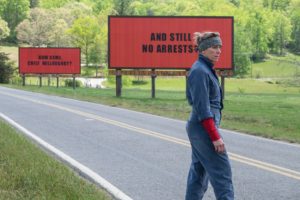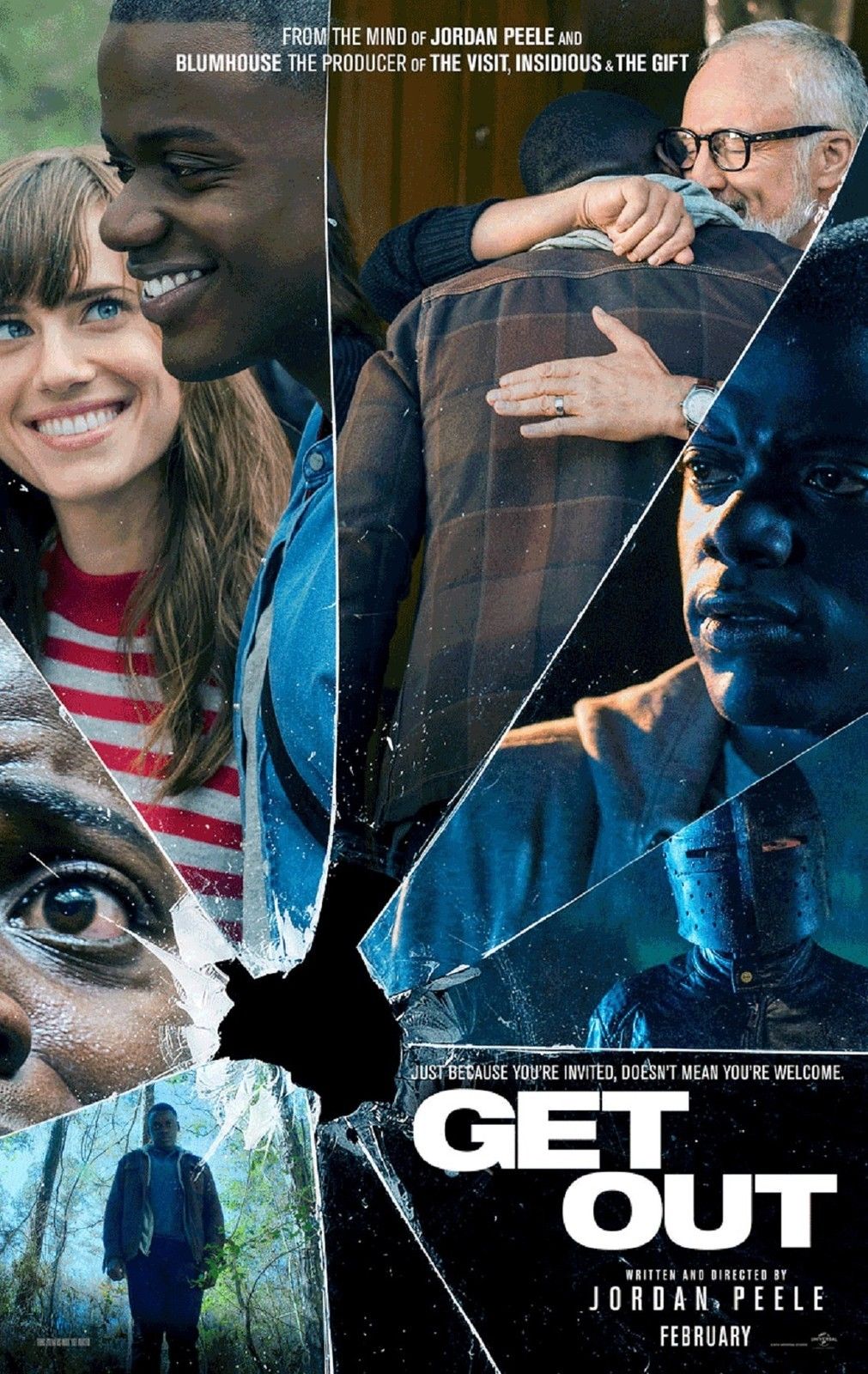My Best of Best of 2017 Lists
Posted on December 19, 2017 at 6:50 pm

One I look forward to every year is the list from The Atlantic’s Chris Orr. He always had great descriptions of the films he loved, but what puts him at the top of my best list of bests list is his shrewd and very funny list of other bests and worsts, for example:
The Aaron Taylor-Johnson Award for Repeated Failure to Become an Actual Movie Star: Charlie Hunnam (The Lost City of Z; King Arthur: Legend of the Sword)
The Sienna Miller Award for Perpetual Widowhood: Sienna Miller (The Lost City of Z)
The “Tony Soprano in Holsten’s Ice Cream Parlor” Award for Most Ominous Door Chime: mother!
Funniest Stone-Man: Thor: Ragnarok
Sexiest Fish-Man: The Shape of Water
Trends of the year I noted: poison mushrooms (two movies), retreat framed as victory (at least five movies), different characters’ points of view (at least two movies)
Other top ten lists worth reviewing: David Edelstein, Dana Stevens, and the list of the year’s best performances from my friends at Rogerebert.com

